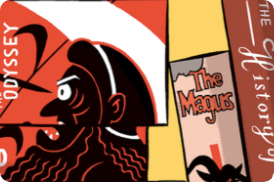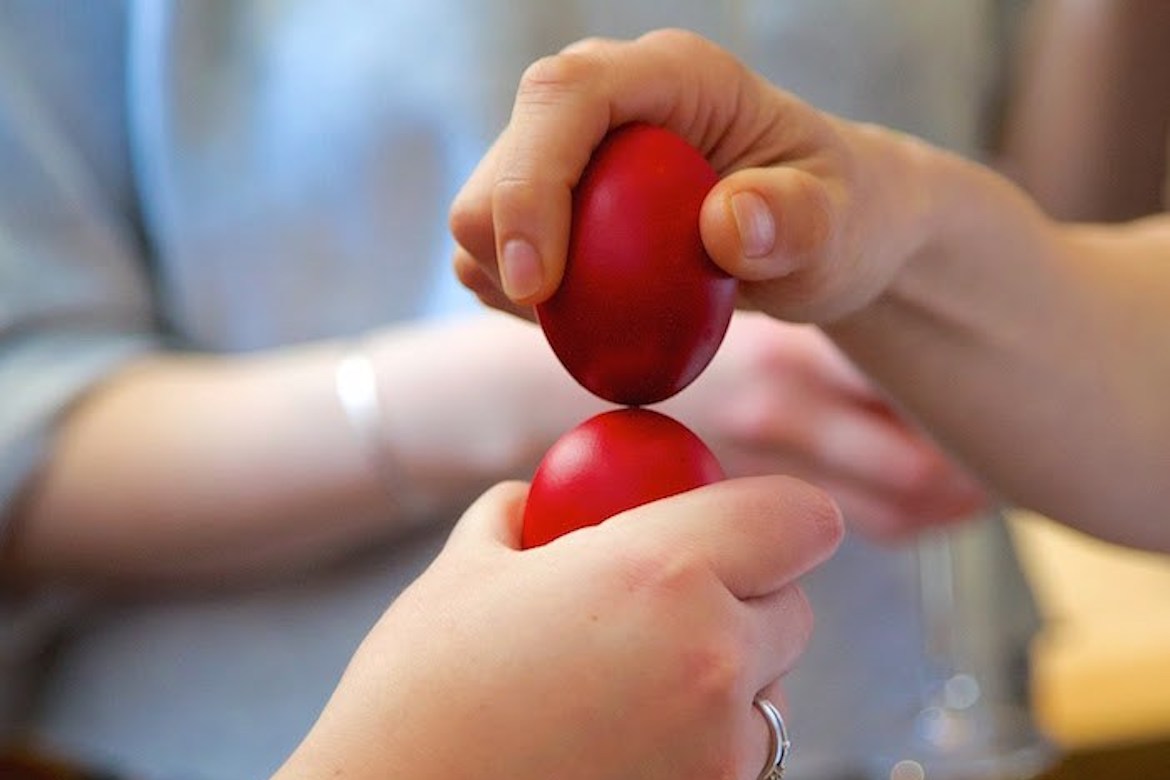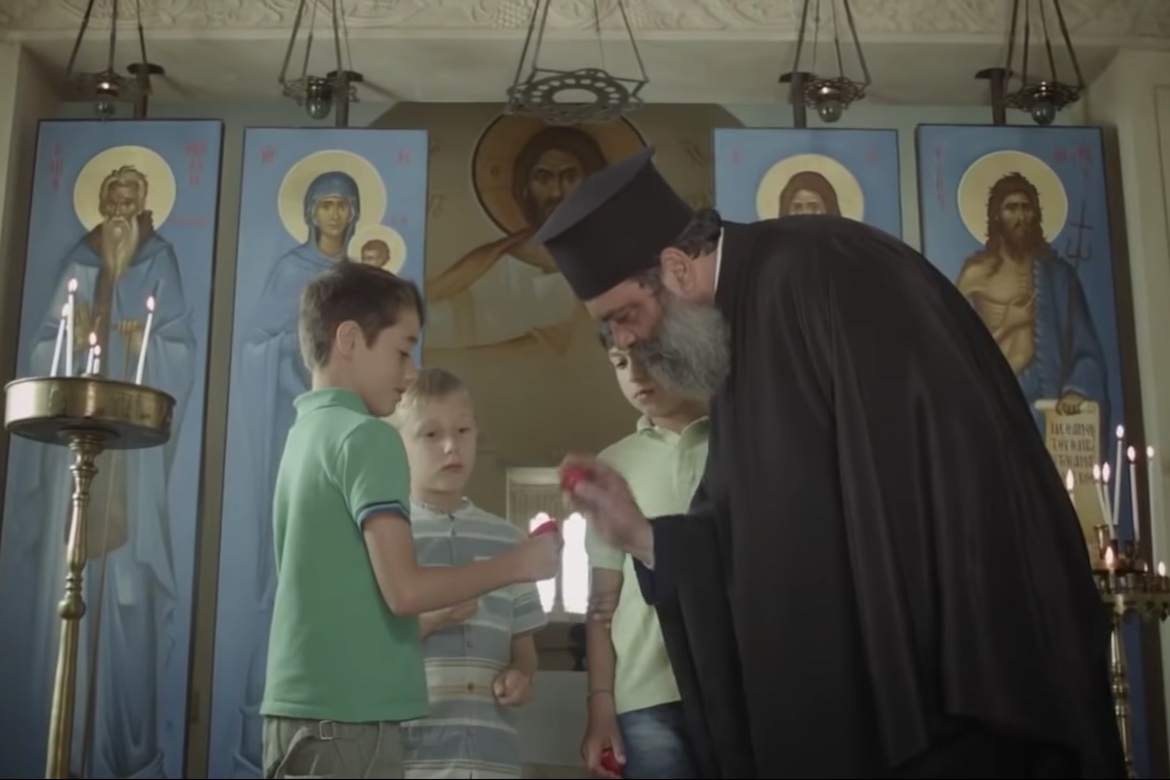According to long-standing Greek tradition, Easter eggs are dyed red to symbolize the blood of Jesus Christ. The egg itself represents the sealed tomb from which Christ emerged after the crucifixion. Together, they embody the Resurrection—celebrated as the most significant holiday in the Greek Orthodox calendar.
In Greece, eggs are traditionally dyed today, Holy Thursday. While red remains the customary color, modern trends—both in Greece and abroad—have introduced multicolored dyes, intricate patterns, and decorative stickers, gradually replacing the singular red hue in many homes.
The egg-cracking game, known as tsougrisma in Greek, symbolizes the breaking open of Christ’s tomb and His resurrection. The custom typically takes place after the Resurrection service at midnight on Holy Saturday or during Easter Sunday celebrations.
In the game, two participants take turns tapping the tips of their eggs against each other’s. The goal is to crack the opponent’s egg while keeping your own intact. The winner continues using the same end of their egg to challenge others. The person whose egg remains uncracked after all rounds is considered the overall winner.
















